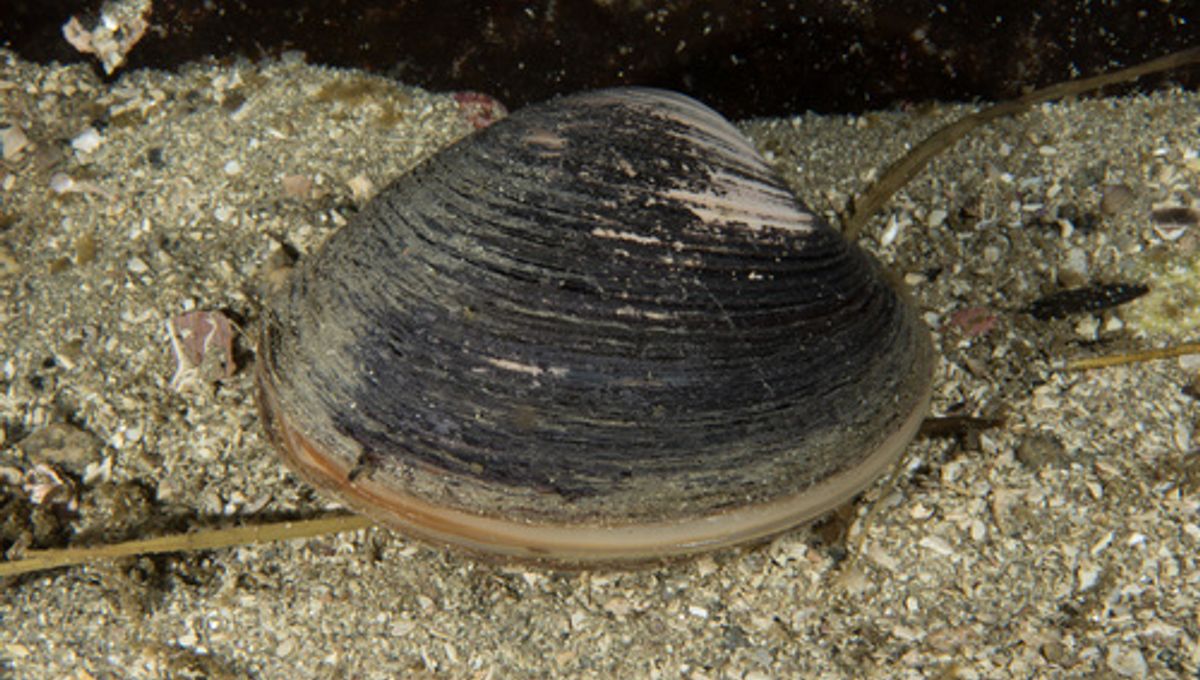
Could clams be holding the secret to a longer life? One team of researchers from Bologna believe so – but probably not in the way you think.
Humans are living longer than ever before, with the average life expectancy worldwide increasing by no less than two decades in the past 60 years alone. But we’re still babies compared to some other species: there are giant tortoises that can live for at least 191 years so far; bowhead whales have them beat with a lifespan of over 200 years; and Greenland sharks can reach 400, easy.
So why, if you’re interested in longevity, would you look at the humble clam and its cousins, rather than these statesmanlike beasts? Well, it turns out bivalve mollusks have something more interesting going on: rather than being uniformly long-lived, the animals can live for anywhere from one to more than 500 years, depending on the species.
“It always fascinated me that some bivalve species live extremely long lives,” said co-first author Mariangela Iannello, a researcher in the Department of Biological, Geological, and Environmental Sciences at the University of Bologna, in a statement.
“When I realized that nobody had ever investigated this exceptional longevity within a molecular evolution framework, I knew that we had to start studying longevity in these animals.”
To investigate what might be responsible for certain bivalves’ exceptionally long lives, the team decided to look at the genomes of four species: Arctica islandica, known to be the longest-lived noncolonial animal on record thanks to Ming the Clam’s 507 years on the planet, plus Margaritifera margaritifera, Elliptio complanata, and Lampsilis siliquoidea, who all top out at between 150 and 190 years old.
Then, they looked at 29 other species whose lifespans weren’t that notable at all.
That was for a very good reason. “With species having such extreme longevity, the Bivalvia clade provides the widest range of life spans within a class,” the researchers write. “Having both short- and long-lived species in the same taxon makes bivalve mollusks an excellent model system to investigate senescence, aging, and extended life span.”
By comparing the genomic data of the different species, the team was able to single out the genes that separated the long-lived bivalves from the short-lived ones. The search turned up some familiar names: “many genes in this network had been previously associated with longevity in other species,” noted Iannello.
It’s an “exciting” discovery, said Iannello. “An important implication of this finding is that an extension of lifespan may involve common genetic factors in very distantly related species.”
For example, long-lived bivalves had similar genes related to things like DNA damage response, regulation of cell death and apoptotic pathways, cellular responses to abiotic stimuli, and hypoxia tolerance – all traits known to be associated with longer lifespans.
But that wasn’t all: the study also turned up a handful of proteins that aren’t known to regulate longevity: “We believe that these genes are new and exciting candidates to be tested for a role in increasing lifespan,” Iannello said, “not only in bivalves but also in other species.”
So are we just around the corner from a clammy revolution in ageing? Don’t get your hopes up just yet. While the researchers are excited to work through the consequences of this new information, “a complex and multifactorial process such as longevity is definitely challenging to analyze,” Iannello cautioned. It requires “deep manipulation of big data and multiple complementary, integrative approaches.”
Nevertheless, it’s potentially a big step towards a deeper understanding of the aging process – and how we may one day be able to manipulate it to our advantage.
“The increasing availability of omics data will allow us to explore species that have never been considered in this context before, and that would greatly help advance aging research,” Iannello said.
“Science has a long history of research focused on the most disparate taxa that has profoundly impacted our understanding of human biology,” she pointed out. “I think that, particularly in the aging field, we have a lot to learn from the natural world around us.”
The paper is published in the journal Genome Biology and Evolution.
Source Link: The Secret To A Long Life? Clams Could Hold The Key